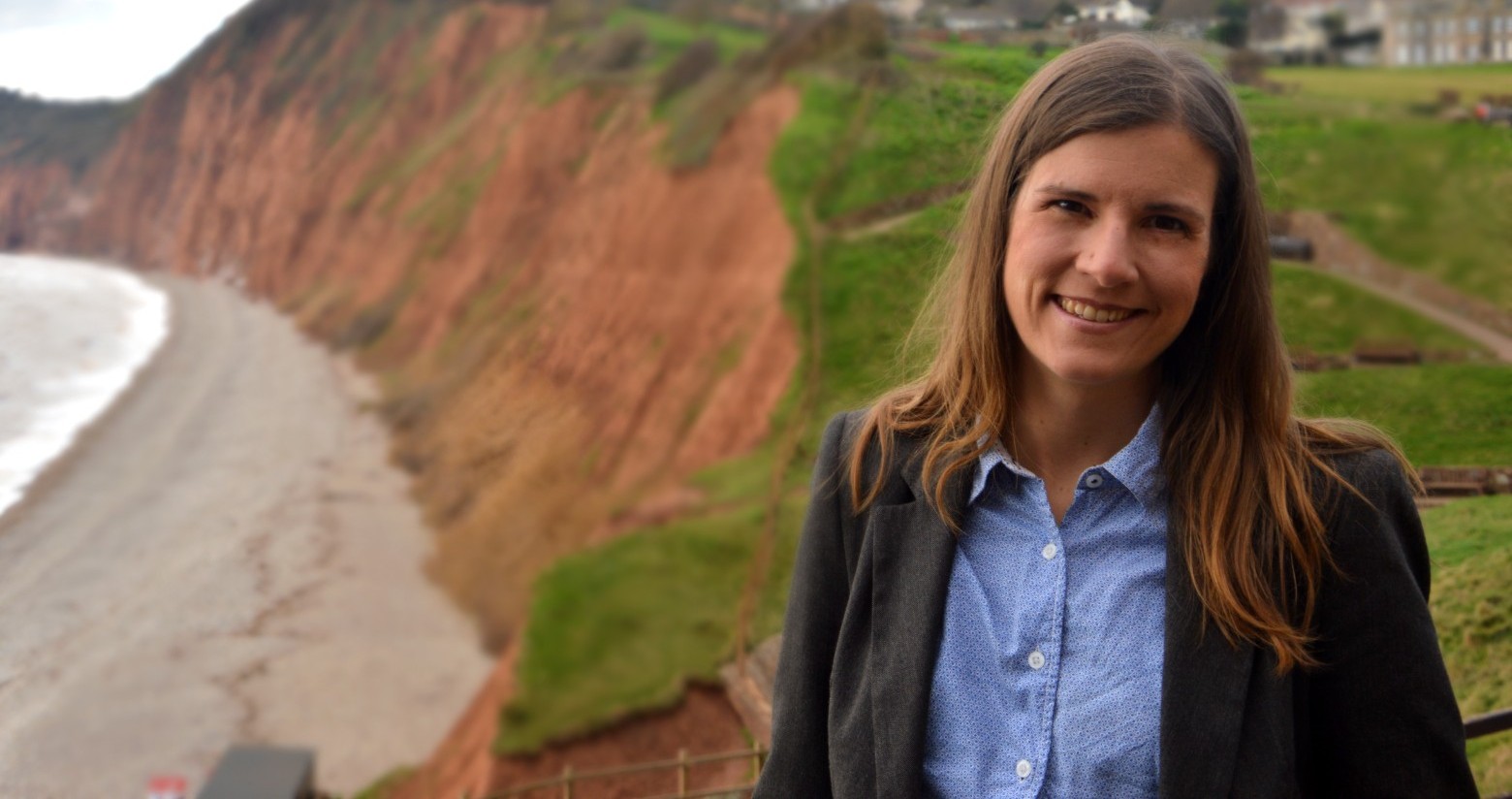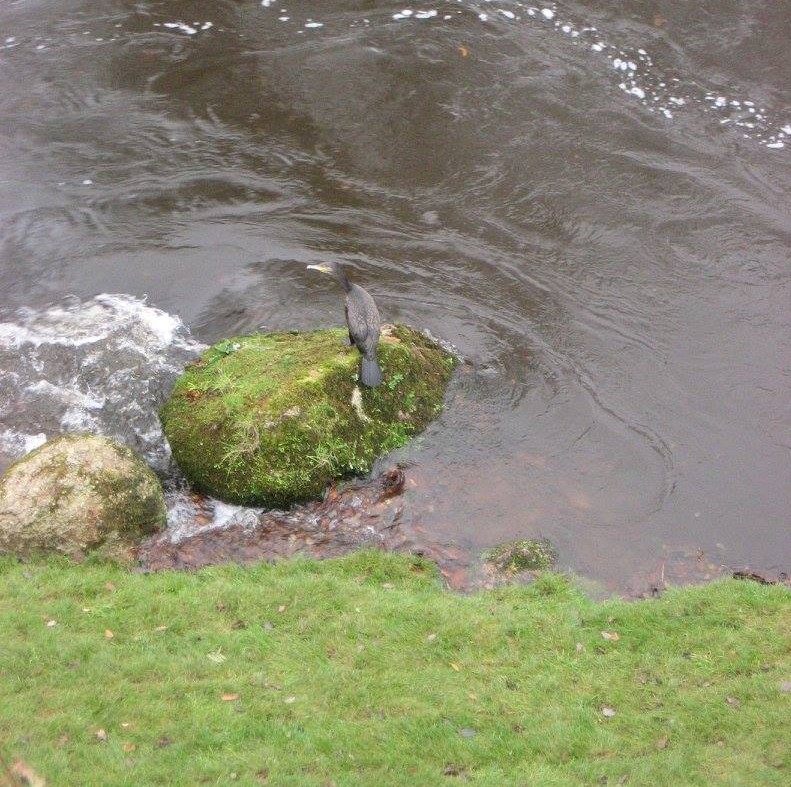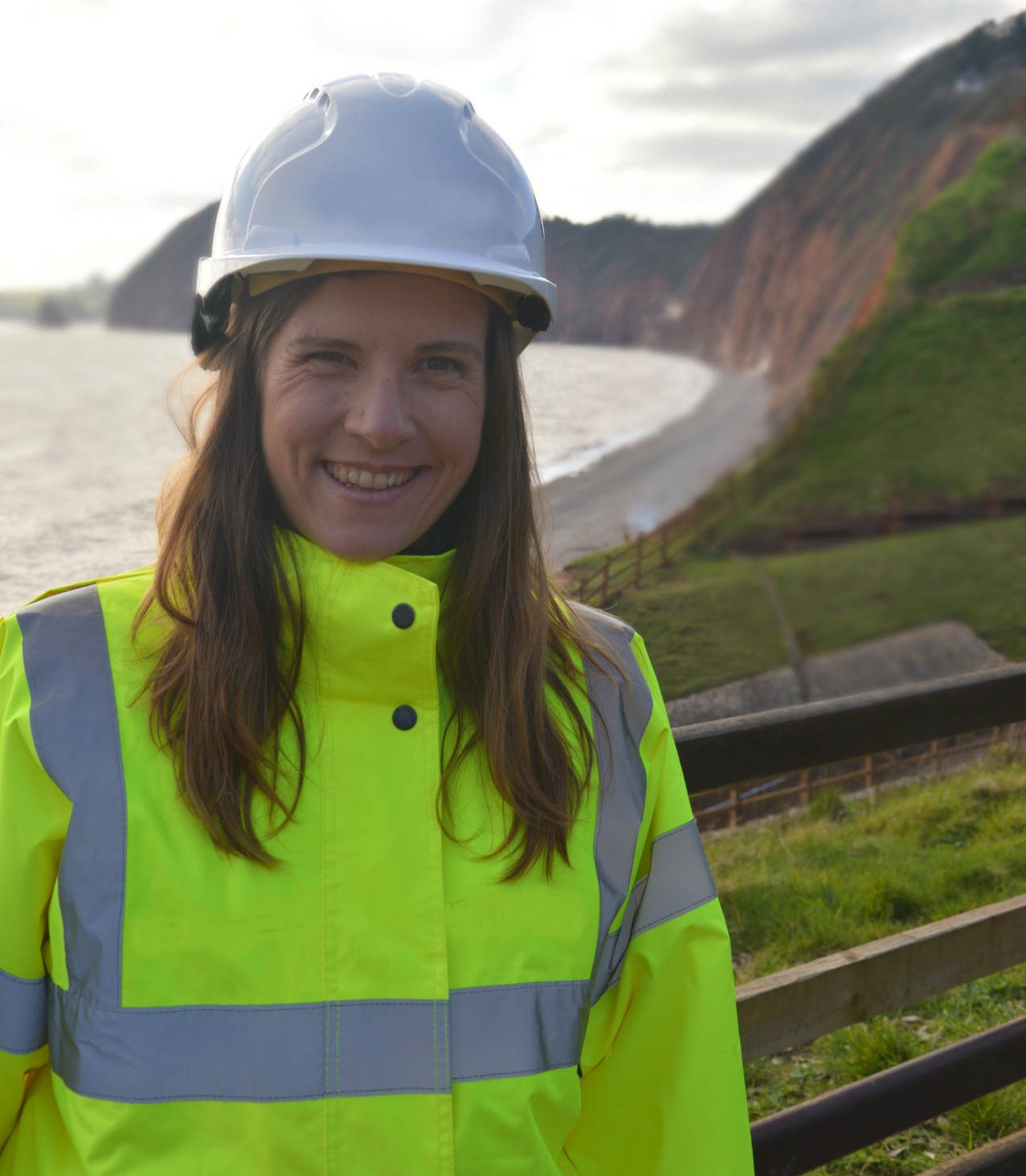Interview with Paloma Hermoso, Senior Project Manager CIOB MAPM, Baker Ruff Hannon

|
Paloma Hermoso is a project manager with 15 years experience in a wide variety of industries. As a professional who has been able to adjust her career based on a range of changing situations, she approaches her role with pragmatism and optimism.
Designing Buildings Wiki caught up with Hermoso to ask her thoughts about project management, changes she'd like to see in the industry and advice she'd give to those involved in the field.
| DBW: What does your role involve day to day? |
Paloma Hermoso (PH):
My favourite thing about working in the construction industry is that no two days are the same! No matter how well I try to plan my days in advance, the unexpected always seems to happen.
As a Senior Project Manager, my day mainly involves talking to a good number of different people, making sure project teams have everything they need to do their job, that clients’ expectations and needs are met, visiting awesome construction sites, reading and writing quite a few of emails and documents, engaging with stakeholders, getting up to date with industry news and attending Zoom meetings… lots of them!
| DBW: How and where did your career begin? |
PH:
It began purely by chance! After completing a degree in Psychology followed by a Master’s Degree in Communication and Stakeholder Engagement and an Advanced Professional Diploma in Social Corporate Responsibility, I worked as a project manager delivering projects in countries such as Spain, Senegal, Portugal and Italy.
During the first stage of my professional career, I had the opportunity to deliver Corporate Social Responsibility programmes and Communication and Stakeholder Engagement plans for various industries such as central and local authorities, pharma, telecoms and higher education.
In 2012, and due to the deep economic crisis that my home country (Spain) was going through, me and my husband made the difficult decision to move to the UK and seek a better life for us and our children. It was a very exciting time, although it was also scary and challenging, as we didn’t really have much at the time.
When I relocated to the UK, my English was still emerging. After a few jobs in the care and catering industries, I was given the opportunity by Kier to work with them as a project manager dealing with highways projects. The first few years I focused on learning as much as I could about a sector that was completely alien to me.
|
During her time with Kier, Hermoso worked on the A38 Glynn Valley edge stabilisation scheme in Cornwall. |
PH:
Although I didn’t choose to start a career in the construction industry, I must admit I was almost instantly hooked, as the job combined my two passions: to contribute to shape and improve the communities around me and to engage and communicate with the people who would be impacted by the change.
A few years later, I accepted a position with Mace, delivering all sorts of exciting projects for clients such as universities, the Ministry of Justice, the NHS and local authorities and gaining full membership in the Association of Project Manager in 2015 and CIOB Chartership in 2018.
In 2020, and only three weeks before the pandemic started, I decided it was the right time for me to move on and accepted a position with Baker Ruff Hannon, a fantastic company that allows me to test my limits by pushing me to be outside of my comfort zone from a safe place. This position has also given me the amazing opportunity to work with Exeter City Living, an innovative and sustainable housing developer that seeks to play a key role in creating communities and delivering environmental property developments long into the future.
| DBW: What has been your career highlight so far? |
PH:
I am very proud of several construction projects I have managed over the years. For example, I am proud of my work in the A38 Glynn Valley Edge Stabilisation Schemes, including three major geotechnical projects over the Glynn Valley in Cornwall. This involved widening of the new road, installing new safety barriers, renewing drainage and resurfacing and lining one of the main highways connecting Cornwall with the rest of the country.
I am particularly proud of having been involved in the successful delivery of the Living Systems Institute, a world-class research building equipped with high-specification technologies.
|
The Living Systems Institute at Exeter University opened in 2016. |
The Living Systems Institute opened in autumn 2016 and is now home to 28 research teams composed of biologists, engineers, physicists and mathematicians. Currently, I have the pleasure to work for a local developer where I’m contributing to deliver outstanding housing developments that are healthy to live in, have exceptionally clean air and are environmentally friendly.
I also feel privileged to be a member of the Design Review Panel, providing an impartial, constructive, review process during the pre-application stage of the planning process for applicants and local authorities.
But my career highlights have more to do with the people I have worked with rather than with the projects themselves. During my career, I have had the pleasure to work with exceptional professionals and people who have believed in, supported and inspired me and contributed to shape the professional I am today.
| DBW: What would you most like to change about the architecture, engineering and construction sector? |
PH:
I wish the construction sector could be more resilient, collaborative and flexible. We need to stop working in silos. We need to stop being afraid of sharing knowledge, of generating synergies, of doing things in a different way. We need to scrap the “it’s always been like this” motto.
I’d also like it to become more inclusive. We all need to embrace diversity, equality and inclusion, making it more attractive to the younger generations. And we seriously need to look at closing the gender pay gap.
| DBW: Which news related event (or events) has had the greatest impact on your career and why? |
PH:
Brexit is quite a controversial matter that has impacted not just my professional life in terms of market uncertainty, shortage of skilled professionals and materials, but also my personal life as an EU citizen. I’m afraid I still struggle to see the benefits of Brexit.
If nothing, the COVID-19 pandemic of 2020/2021 has proved that the industry can be more flexible than we were led to believe. It turns out that driving 100 miles to attend a meeting was not so essential! The pandemic restrictions have also made clients and professionals within the sector realise how important creating healthy buildings and spaces is.
As for technology, with more and more people working remotely, adopting BIM and other more collaborative ways of working is crucial for the successful delivery of projects. BIM can no longer be seen as a “nice to have” or “fancy” element in a construction project.
| DBW: What are your go to sources of knowledge when you research subjects that are new to you? Can you share your recommendations? |
PH:
I don’t know how people survived before Google. I use it to find articles, publications, research, webinars, networking and even to connect with experts and like minded professionals.
I use LinkedIn a lot, and I read the CIOB and APM magazines monthly, as well as various newsletters such as Designing Buildings Wiki, the Passivhaus Trust Newsletter and the UKGBC newsletter.
| DBW: What is the most valuable professional advice you’ve received? What advice would you give? |
PH:
The best advice I have been given is this: It's better to get forgiveness than permission.
If I were to give advice it would be: Time spent learning will never be time wasted. All skills are transferable. You might not use them straight away, but they will come in handy at some point.
| DBW: Is there anything else you’d like to share with our audience? |
PH:
I would like to encourage everyone, regardless of what stage of their career they are in, to find themselves a mentor. Having a mentor is one of the most valuable opportunities for professional development, allowing you to improve your individual work performance and boost your career.
|
On site with Paloma Hermoso. |
And if you are up for it... become a mentor. Only then you will fully appreciate the immense sense of personal achievement and satisfaction that you can get from supporting another human being.
This article is based on Paloma Hermoso's written responses submitted on 21 June 2021. Hermoso can be reached via email at [email protected] or through social media (on LinkedIn or Twitter).
To be interviewed for Designing Buildings Wiki, please send the editor an email.
[edit] Related articles on Designing Buildings Wiki
- CIOB articles.
- Diversity, equality and opportunities in the construction industry.
- Five ways mentoring can benefit a career.
- Inspiring young civil engineers.
- Interview with Kevin Borg, founder of KJB Building Consultants.
- Interview with Elly Ball, co-founder, Get Kids into Survey.
- Project manager.
- Skills shortage.
- Skills shortage and Brexit.
- Women in the construction industry.
- Women's Engineering Society.
BIM Directory
[edit] Building Information Modelling (BIM)
[edit] Information Requirements
Employer's Information Requirements (EIR)
Organisational Information Requirements (OIR)
Asset Information Requirements (AIR)
[edit] Information Models
Project Information Model (PIM)
[edit] Collaborative Practices
Industry Foundation Classes (IFC)









